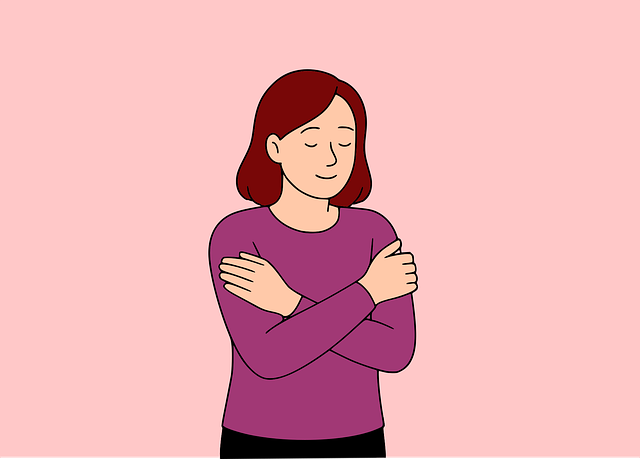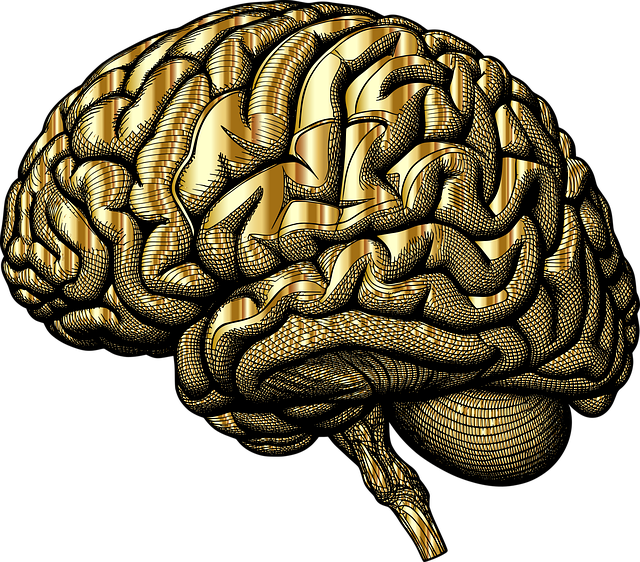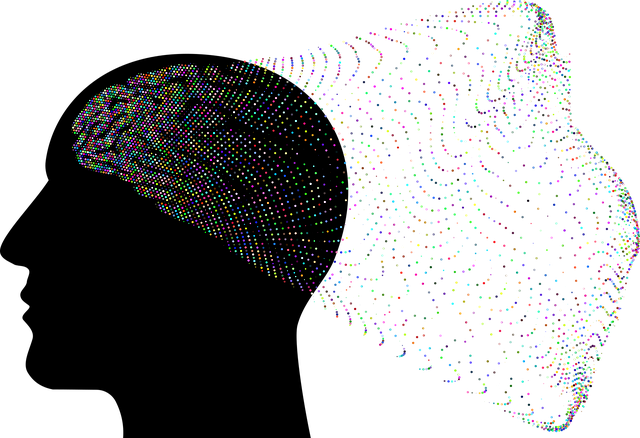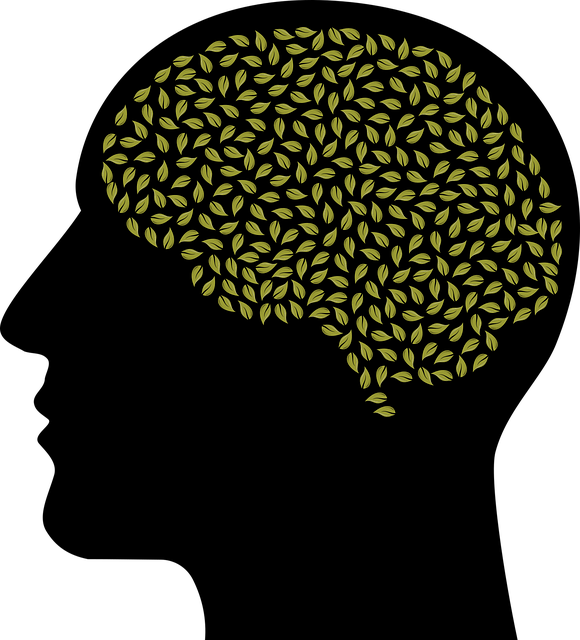Community outreach programs, like Centennial EMDR Certified Therapy, bridge mental health access gaps by offering tailored services to diverse populations. This approach addresses cultural barriers, focuses on self-care, mood management, and social skills training, fostering resilient communities. Integrating EMDR therapy enhances trauma healing, resilience, and social connections. Engaging communities through open dialogue, workshops, and peer support groups reduces stigma and overcomes challenges. Measuring success involves tracking engagement, retention rates, and long-term mental health improvements, with consistent self-care routine development as a key indicator of successful initiatives.
Community outreach programs play a pivotal role in bridging societal gaps, fostering inclusivity, and enhancing well-being. This article explores the multifaceted benefits of such initiatives, with a specific focus on integrating Centennial EMDR Certified Therapy. We delve into strategic design, implementation techniques, and successful evaluation methods. Understanding community needs and leveraging evidence-based practices like Centennial EMDR therapy are key to creating impactful outreach programs that truly make a difference in people’s lives.
- Understanding Community Outreach: Why It Matters and Who Benefits
- Designing Effective Programs: Integrating Centennial EMDR Certified Therapy
- Implementation Strategies: Engaging Communities and Overcoming Barriers
- Measuring Success: Evaluating the Impact of Outreach Initiatives
Understanding Community Outreach: Why It Matters and Who Benefits

Community outreach programs play a pivotal role in fostering connection and enhancing well-being within diverse populations. By extending therapeutic services beyond traditional settings, initiatives like Centennial EMDR Certified Therapy bridge gaps and cater to individuals who may face barriers to accessing mental health support. This inclusive approach recognizes that mental health is a fundamental aspect of overall well-being and that everyone deserves access to effective healing tools.
These programs not only benefit individuals struggling with various mental health challenges but also contribute to building resilient communities. Through initiatives focused on Self-Care Routine Development for Better Mental Health, Mood Management, and Social Skills Training, participants gain valuable coping strategies and strengthen their support networks. Ultimately, such outreach strengthens community bonds, promotes understanding, and paves the way for a more inclusive and supportive environment where everyone has the chance to thrive.
Designing Effective Programs: Integrating Centennial EMDR Certified Therapy

When designing community outreach programs, integrating evidence-based therapeutic approaches like Centennial EMDR Certified Therapy can significantly enhance their effectiveness. This therapy, renowned for its ability to facilitate rapid and profound emotional healing, is particularly valuable in community settings where individuals from diverse backgrounds may face unique challenges. By incorporating EMDR into outreach initiatives, program planners can address trauma, promote resilience building, and foster a sense of collective well-being. The therapeutic approach’s structured nature allows for efficient crisis intervention guidance, ensuring that participants receive specialized care in accessible locations.
Cultural sensitivity in mental healthcare practice is another critical aspect to consider during program design. Centennial EMDR Certified Therapy excels at tailoring interventions to diverse cultural contexts, recognizing the impact of cultural beliefs and practices on emotional regulation. This sensitivity ensures that outreach programs resonate with various communities, fostering trust and encouraging participation. Moreover, by equipping community members with crisis intervention skills, these programs empower individuals to support themselves and their peers, strengthening social connections and resilience within the community.
Implementation Strategies: Engaging Communities and Overcoming Barriers

Engaging communities is a vital step in implementing effective outreach programs, especially when addressing mental health concerns. Centennial EMDR Certified Therapy has proven to be a game-changer in treating trauma and enhancing emotional intelligence among individuals. To foster community involvement, organizers should focus on building relationships and creating safe spaces for open dialogue. Holding informational sessions, workshops, or peer support groups can facilitate knowledge sharing and encourage early intervention. By educating community members about mental health, its various manifestations, and available resources, barriers such as stigma associated with mental illness can be reduced significantly.
Overcoming challenges in community outreach requires a strategic approach. One of the primary obstacles is reaching underserved populations, which often includes marginalized communities or those facing social and economic barriers. Customizing programs to cater to diverse needs is essential. Utilizing Conflict Resolution Techniques can help navigate sensitive situations and promote understanding. Additionally, leveraging social media platforms and local community leaders as advocates can expand outreach efforts, ensuring that support and resources reach those who need them most, thereby fostering a more inclusive and resilient society.
Measuring Success: Evaluating the Impact of Outreach Initiatives

Measuring success is a vital aspect of evaluating the impact and effectiveness of community outreach initiatives. When implementing programs aimed at fostering emotional well-being promotion techniques, such as those offering Centennial EMDR Certified Therapy, it’s essential to establish clear metrics for gauging progress. This could involve tracking participant engagement, retention rates, and changes in mental health status through pre and post-program assessments. By collecting quantitative and qualitative data, organizers can gain valuable insights into the program’s success and identify areas that require improvement.
Additionally, measuring success goes beyond immediate outcomes. It involves assessing long-term sustainability and the integration of learned Mind Over Matter principles into participants’ daily lives. Encouraging the development of a consistent Self-Care Routine Development for Better Mental Health can be a significant indicator of successful outreach initiatives, demonstrating that individuals are equipped with tools to maintain their emotional well-being over time.
Community outreach programs, particularly those integrating Centennial EMDR Certified Therapy, have the potential to transform lives and strengthen communities. By understanding the needs of diverse populations, designing tailored programs, and overcoming implementation barriers, organizations can effectively reach individuals who may otherwise lack access to mental health resources. Measuring the success of these initiatives ensures their sustainability and encourages continuous improvement, ultimately fostering healthier, more resilient communities.














